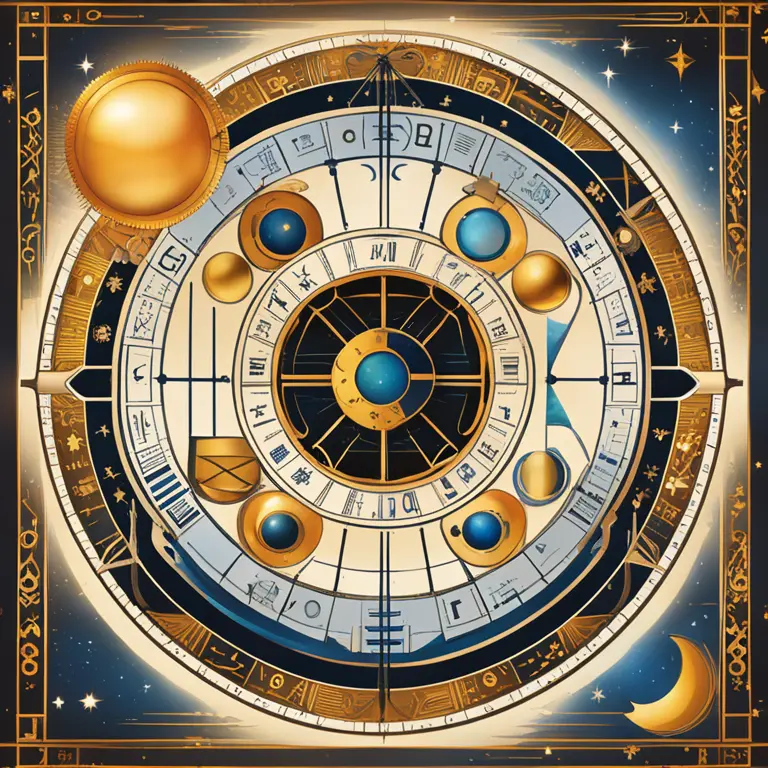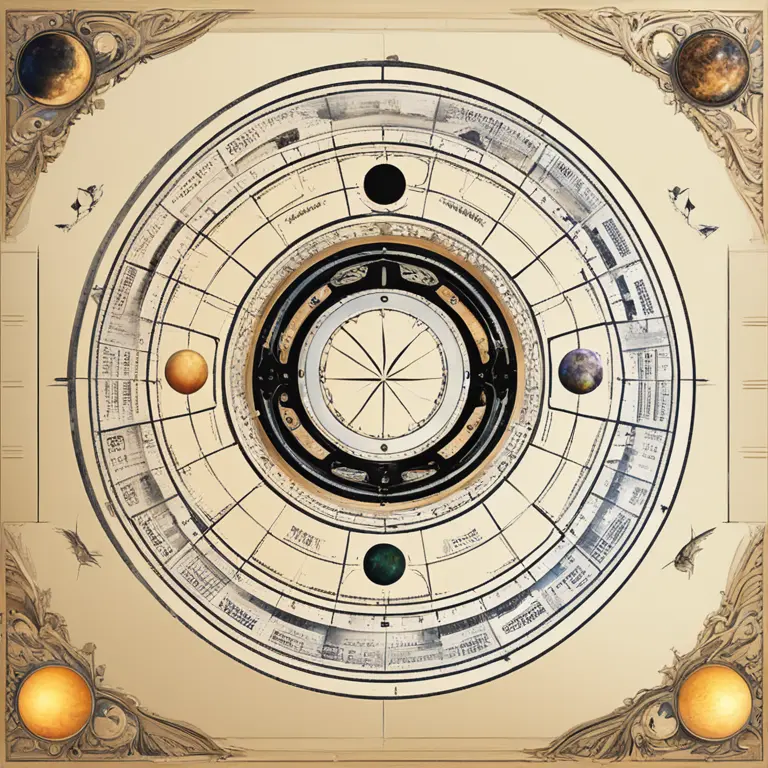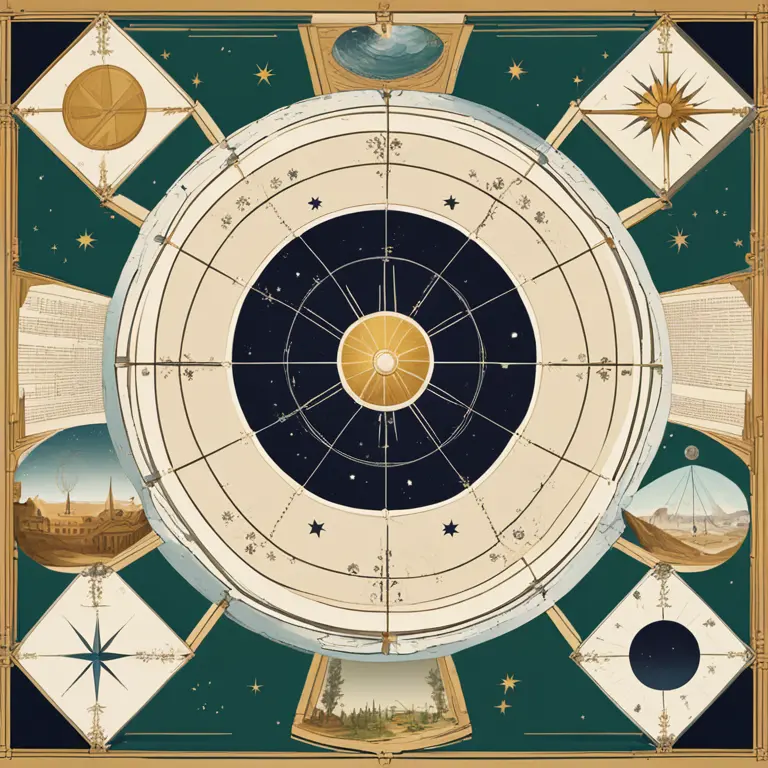
The Accuracy of Astrology Charts: A Deep Dive
Evaluating the precision of astrology charts in modern practices and the debates surrounding their validity.
article by Priya Deshmukh
The Quest for Astrological Precision
Astrology has long captivated human curiosity, weaving a tapestry of celestial influence and terrestrial events. The central appeal of astrology lies in its intricate charts, complex diagrams that allegedly map out an individual’s personality, fate, and compatibility with others. As we advance into 2024, astrology enthusiasts and skeptics alike continue to debate the accuracy of these cosmic blueprints. The pursuit of understanding astrological precision involves scrutinizing its methods, historical context, and the contemporary blend of technology and ancient wisdom.

Historical Perspective and Modern Techniques
Historically, astrology was as much an art as it was a science. Ancient astrologers meticulously charted the stars' positions, attributing various meanings to their configurations. Fast forward to modern times, and we see a mix of these traditions with digital calculation tools, increasing the precision of astrological charts dramatically. Yet, the question remains: Does increased accuracy in chart construction equate to more accurate readings of our lives and destinies?

Scientific Scrutiny of Astrological Claims
Science demands evidence, and the empirical testing of astrology has yielded mixed results. Critics argue that the Forer effect—whereby individuals believe vague, general statements to be highly accurate for them personally—plays a significant role in astrology's perceived precision. Additionally, confirmation bias can lead to the selective acknowledgment of correct predictions, while incorrect ones are overlooked or rationalized. These psychological factors challenge the purported accuracy of astrological charts, necessitating a more rigorous exploration of astrological claims.

Astrology's Relevance in Personal Growth
Proponents of astrology argue that its value isn't necessarily rooted in empirical accuracy but in its capability to foster introspection and personal growth. Through the symbolic language of astrology, individuals find meaning and narrative in their life experiences. Astrology charts, accurate or not in the scientific sense, can serve as tools for reflection, prompting questions about life paths and personality traits that may otherwise remain unexamined.

The Role of Technology in Astrology's Future
As we delve further into the age of Aquarius, technology shapes astrology's evolution. Sophisticated software can produce incredibly detailed astrological charts based on precise astronomical data. While these advancements improve the exactness of chart casting, they also raise questions about the interpretation of such detailed charts. High accuracy in generating charts does not guarantee the validity of the interpretations, which remain as subjective and nuanced as ever.
Final Thoughts on Chart Accuracy
The debate over astrology chart accuracy will likely continue as long as astrology itself exists. While some claim that the meticulous detail of contemporary astrological charts lends credence to their readings, others maintain that without empirical support, astrology remains an enigmatic blend of myth, psychology, and art. The search for truth between the stars may be as much about personal belief and experience as it is about the alignment of celestial bodies.
Published: 1/12/2024
Modified: 1/12/2024
More predictions
Come back here soon to learn more about yourself and your future


Deciphering The Symbolism Of Tarot Cards
A concise guide to the symbolism and interpretation of tarot cards for insight and divination.


Do Zodiac Signs Reflect Your True Self?
Discover the connections between zodiac signs and personality traits in this insightful look into astrology's relevance to our lives.


The Mystique of Zodiac Water Signs
Dive into the emotional depths of the Zodiac water signs – Cancer, Scorpio, and Pisces – and discover the profound insights they offer.